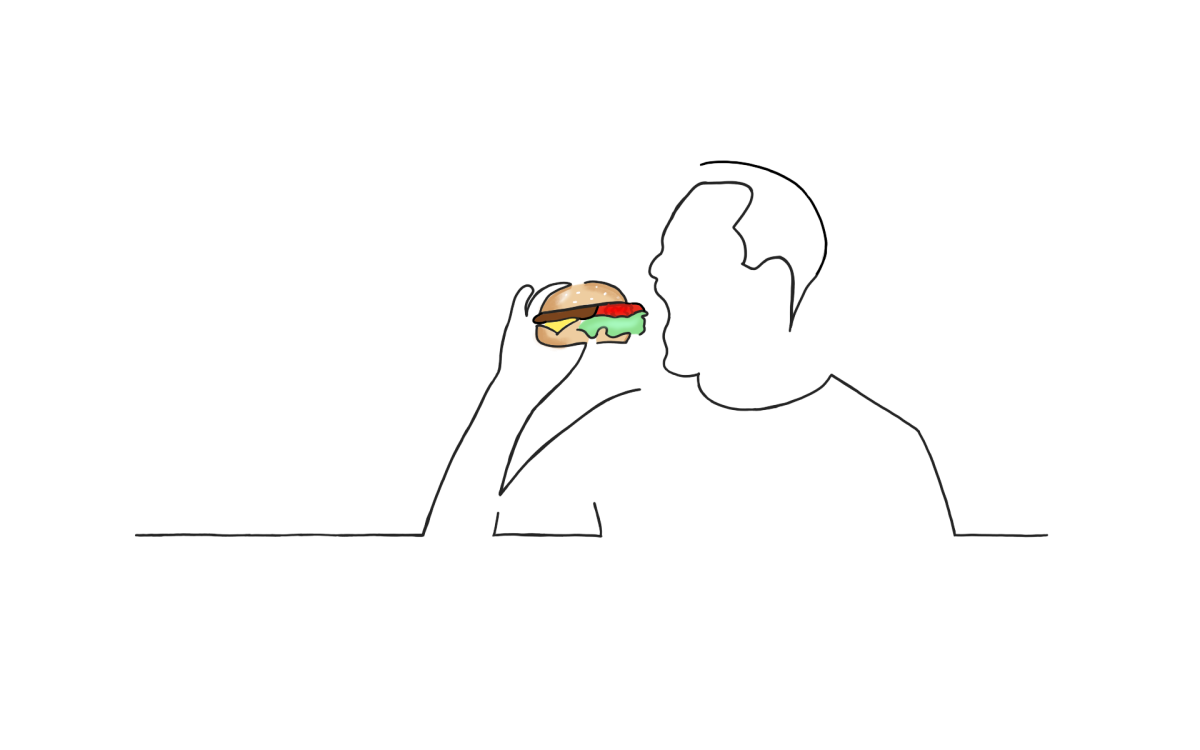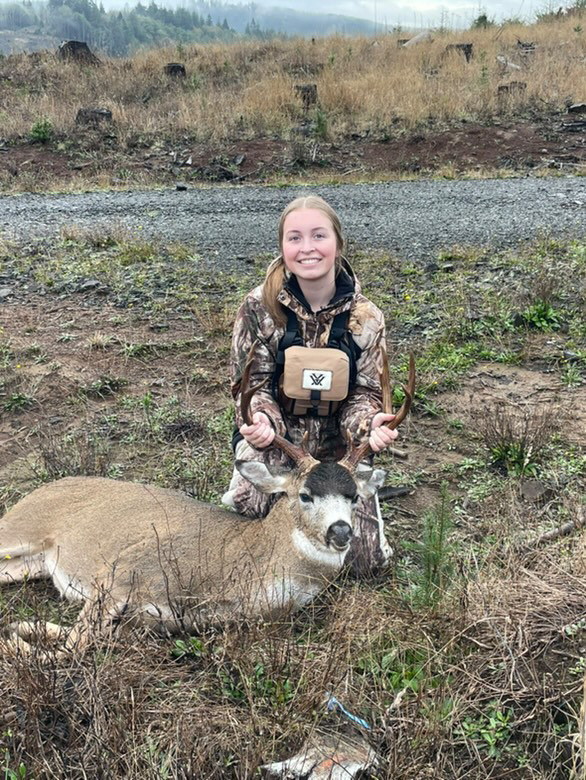The rise of plant-based diets has been one of the most significant food trends of the past decade. Driven by health concerns, environmental awareness, and ethical considerations, more people than ever are choosing to reduce or eliminate animal products from their diets. This shift has impacted individual eating habits and led to substantial changes in the food industry.
One of the primary motivations behind the rise of plant-based diets is health. Numerous studies have shown that diets rich in fruits, vegetables, whole grains, and legumes can lower the risk of chronic diseases such as heart disease, diabetes, and certain cancers. Plant-based diets are typically high in fiber, vitamins, and antioxidants, contributing to overall well-being. Additionally, many people report feeling more energetic and experiencing better digestion when they switch to a plant-based diet. This focus on health is particularly relevant in a world where lifestyle-related diseases increase, prompting more individuals to seek preventive measures through dietary choices.
“When I did my blood work, before I went vegan, my protein was on the lower end of normal,” said ChaCha McLane, a senior at Marshfield High School who has been a vegan since the age of 12. “And now when I get my bloodwork done, my protein is on the higher end of normal, and everything looks good. Cholesterol, calcium–I’d say I have more energy.”
The focus on health is particularly relevant in a world where lifestyle-related diseases are increasing, prompting more individuals to seek preventive measures through their dietary choices.
Environmental concerns are another major factor driving the popularity of plant-based diets. The production of animal-based foods is resource-intensive, requiring large amounts of water, land, and feed. It also contributes significantly to greenhouse gas emissions. Individuals can reduce their carbon footprint and help conserve natural resources by choosing plant-based options. This environmental impact has resonated particularly with younger generations, who are more environmentally conscious and eager to adopt sustainable practices. The connection between diet and environmental sustainability is becoming more evident, leading to a broader societal shift towards plant-based eating as a means to mitigate climate change.
“The dairy industry is one of the biggest contributors to greenhouse gas emissions, because you know, cow farts,” McLane said.
By choosing plant-based options, individuals can reduce their carbon footprint and help conserve natural resources. This environmental impact has resonated particularly with younger generations, who are environmentally conscious and eager to adopt sustainable practices. The connection between diet and environmental sustainability is becoming more evident, leading to a broader societal shift towards plant-based eating as a means to mitigate climate change.
Autumn Hurt is one of the newest additions to the MHS math department but also has plenty of experience with a plant-based diet. She is very familiar with the misconception that plant-based diets severely limit your palette, but she doesn’t think it’s true at all. The food industry has responded to the diet shift with a plethora of plant-based products. Supermarkets now offer a wide range of plant-based meat substitutes, dairy alternatives, and ready-made meals. With such a wide range of choices, the task of switching and sticking to a plant-based diet can be daunting, but Hurt recommends taking the time to figure it out.
“Learn some recipes you like, and start cooking for yourself, I think that’s the hardest thing,” she said. “The more you practice, the better it goes.”
Restaurants are also expanding their menus to include more plant-based options, making it easier for people to enjoy plant-based meals when dining out. This increased availability and variety have made it more convenient than ever to adopt a plant-based diet. The innovation in plant-based food technology has also led to products that closely mimic the taste and texture of animal-based foods, making the transition smoother for those accustomed to traditional diets.
Ethical considerations also play a crucial role in the rise of plant-based diets. Many people are becoming more aware of the conditions in which animals are raised for food and are choosing to avoid products that involve animal suffering. The rise of documentaries, books, and social media campaigns highlighting the realities of factory farming has contributed to this growing awareness.
“I couldn’t believe that that’s what was going on in our food,” said McLane, who cited the reports of abuse within the farming industry as her call to action.
As a result, there is a greater demand for cruelty-free food options. This ethical awakening is not just limited to individual consumers but is also influencing companies to adopt more humane practices and develop products that align with these values.
Categories:
Leafy love: The sprouting of plant-based diets
0
Tags:
Donate to The Marshfield Times
Your donation will support the student journalists of Marshfield High School. Your contribution will allow us to purchase equipment and cover our annual website hosting costs.
More to Discover
About the Contributor

Darielle Aya Koffi-Plebou, Reporter
Freshman Darielle Aya Koffi-Plebou, known as Aya, is embarking on her first year with the Marshfield Times staff. She enjoys playing the piano, writing poems, creating marching cadences, drawing, reading non-fiction books and poems, painting, and playing with her pets. Her favorite movie is The Green Mile and her favorite show is Gilmore Girls. Her favorite books to read are “The Hate U Give” and “Save Me an Orange.” Darielle also has a diverse music taste, enjoying genres such as 90’s hip-hop, R&B, pop, and indie. Aside from having her own free time, she is busy too. Darielle is involved in the South Coast Equity Coalition, the United States Naval Sea Cadet Corps, and Marshfield High School’s Black Student Union. Speaking of The Sea Cadet Corps, she takes on the role of Master at Arms (MAA). Since age 5, she has been fascinated with space and astrophysics. Following high school, she plans to pursue a career in the Air Force or the Coast Guard to eventually be either an optical engineer or an aeronautics engineer for NASA.





















